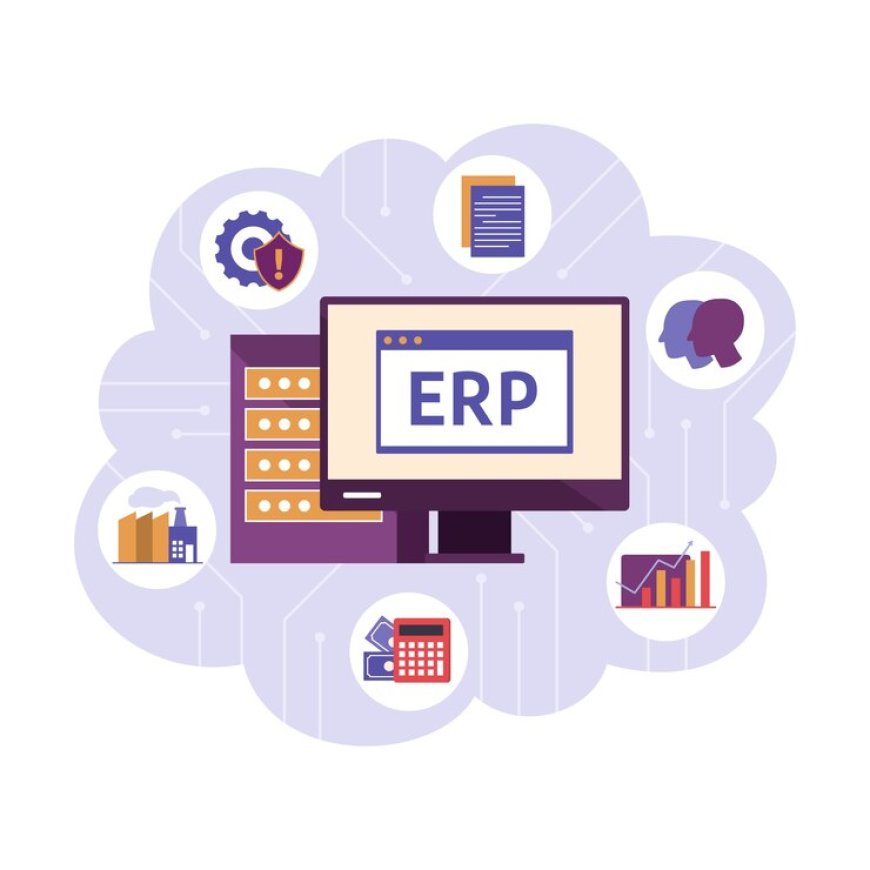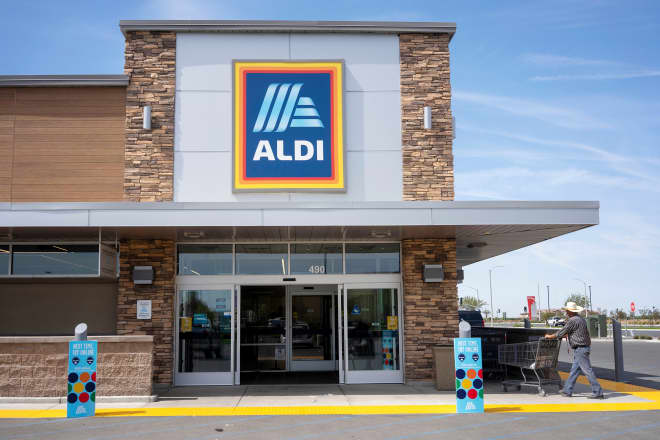Navigating Business Growth: ERP Systems in the UAE Landscape

In today's rapidly evolving business environment, organizations are constantly seeking efficient ways to streamline operations and maximize productivity. Enterprise Resource Planning (ERP) systems have emerged as a critical solution for businesses looking to integrate various functions into one cohesive system. Particularly in the United Arab Emirates, where digital transformation is accelerating across industries, ERP implementation has become a strategic priority for companies aiming to maintain competitiveness and drive growth.
Understanding ERP System
An ERP system serves as a comprehensive business management software that enables organizations to automate and integrate core business processes. By consolidating various functions—including finance, human resources, supply chain, manufacturing, and customer relationship management—into a unified database, ERP solutions facilitate seamless data flow and improved decision-making capabilities.
Modern ERP platforms offer real-time visibility into business operations, allowing management to identify bottlenecks, optimize resource allocation, and respond promptly to market changes. These systems eliminate data silos, reducing redundancy and ensuring consistency across departments. With customizable dashboards and reporting tools, stakeholders gain access to actionable insights that drive strategic initiatives.
ERP System Implementation in UAE
The UAE's business landscape is characterized by its dynamic nature and forward-thinking approach to technology adoption. As the country continues to diversify its economy beyond oil dependency, organizations across sectors are investing in digital infrastructure to enhance operational efficiency.
Several factors contribute to the growing adoption of ERP systems in UAE:
- Government initiatives promoting digital transformation across public and private sectors
- Increasing competition necessitating streamlined operations and cost optimization
- Expansion of multinational corporations establishing regional headquarters in the UAE
- Rising demand for data-driven decision-making capabilities
- Need for compliance with regulatory requirements and international standards
UAE businesses implementing ERP solutions report significant improvements in process efficiency, with many experiencing reduced operational costs and enhanced customer satisfaction. The flexibility offered by modern ERP platforms enables organizations to scale operations in alignment with their growth trajectory while maintaining centralized control over business functions.
Popular ERP System Examples
When selecting an ERP solution, organizations in the UAE have access to various options tailored to different industry requirements and organizational sizes. Some widely implemented ERP system examples include:
SAP S/4HANA
This robust solution offers comprehensive functionality across business processes, with specialized modules for industries prevalent in the UAE, including oil and gas, retail, and manufacturing. Its in-memory computing capabilities enable real-time analytics and processing of large data volumes, making it suitable for enterprises with complex operations.
Oracle NetSuite
Popular among medium-sized businesses and subsidiaries of larger corporations, NetSuite provides cloud-based ERP functionality with strong financial management capabilities. Its flexibility and scalability make it particularly appealing to growing organizations in the UAE's dynamic market.
Microsoft Dynamics 365
This integrated solution combines ERP and CRM capabilities, offering a familiar interface for organizations already utilizing Microsoft products. Its modular approach allows UAE businesses to implement specific functionality based on immediate needs while establishing a foundation for future expansion.
Odoo
An open-source option gaining traction among smaller businesses in the UAE, Odoo provides cost-effective ERP functionality with customizable applications covering various business processes. Its modular structure enables organizations to start with essential components and add capabilities as requirements evolve.
Conclusion
For businesses operating in the UAE's competitive landscape, implementing an appropriate ERP system represents a strategic investment with potential for significant returns. By carefully evaluating business requirements, selecting a suitable solution, and managing the implementation process effectively, organizations can leverage ERP technology to drive operational excellence and sustainable growth.
As digital transformation accelerates across the region, ERP systems will continue to evolve, incorporating advanced technologies such as artificial intelligence, machine learning, and predictive analytics. UAE businesses that embrace these innovations position themselves advantageously for the challenges and opportunities of tomorrow's business environment.
Frequently Asked Questions
What is the average implementation timeframe for an ERP system in UAE businesses?
Implementation timeframes vary based on system complexity and organizational size, typically ranging from 3-6 months for smaller businesses to 12-18 months for large enterprises implementing comprehensive solutions.
How can UAE businesses calculate the ROI of their ERP implementation?
Organizations should consider both tangible benefits (reduced operational costs, inventory optimization, improved cash flow) and intangible gains (enhanced decision-making, improved customer satisfaction, increased employee productivity) when calculating ROI, typically measured over a 3-5 year period.
Are cloud-based or on-premises ERP solutions more popular in the UAE?
While traditionally on-premises solutions were preferred, cloud-based ERP systems are gaining significant traction in the UAE due to lower initial investment requirements, faster implementation, and built-in disaster recovery capabilities.
What industries in the UAE are seeing the highest ERP adoption rates?
Manufacturing, retail, healthcare, construction, and professional services sectors currently demonstrate the highest ERP adoption rates in the UAE, driven by competitive pressures and operational complexity.
How are ERP systems helping UAE businesses with regulatory compliance?
Modern ERP systems incorporate features specifically designed for UAE regulatory requirements, including VAT compliance, labor law adherence, and financial reporting standards, automating compliance processes and reducing associated risks.




















_Dzmitry_Skazau_Alamy.jpg?width=1280&auto=webp&quality=80&disable=upscale#)

























![American Airlines Offering 5,000-Mile Main Cabin Awards—Because Coach Seats Aren’t Selling [Roundup]](https://viewfromthewing.com/wp-content/uploads/2017/11/20171129_062837.jpg?#)































